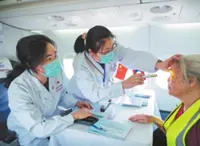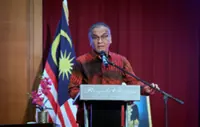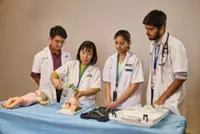PETALING JAYA: Authorities must act decisively by expanding specialist training programmes and offering better incentives to address the ongoing shortage of medical professionals, experts say.
Malaysian Association for Thoracic and Cardiovascular Surgery honorary secretary Prof Dr John Chan Kok Meng said specialist training was previously confined to universities through their Masters programmes.
Related stories:
Follow us on our official WhatsApp channel for breaking news alerts and key updates!
Thank you for your report!





